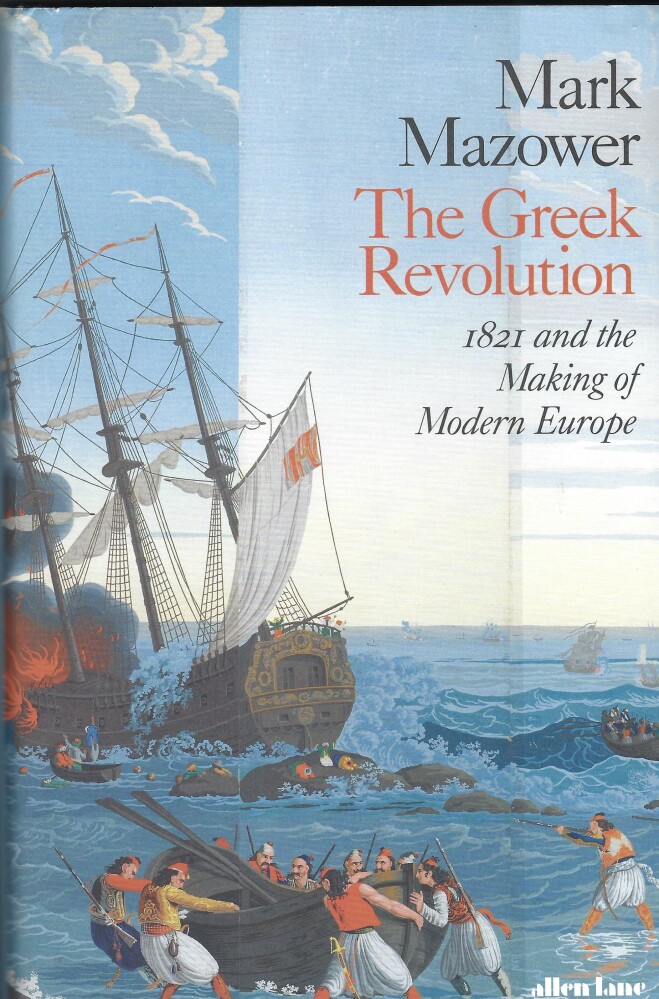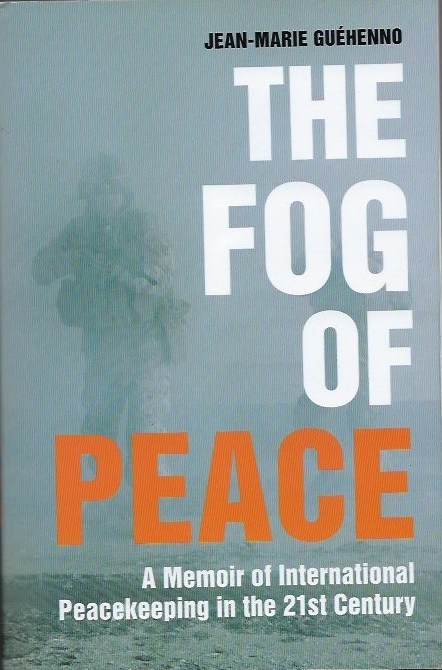A book review essay based on The Greek Revolution 1821 and the Making of Modern Europe, by Mark Mazower, pub. Allen Lane, 2021.
Jamie Arbuckle for Peacehawks
Introduction
Last year was the bicentenary of the outbreak of the Greek War of Independence. As the war lasted until 1829, we will be observing many more such anniversaries in the next few years and, as though we were able to witness the birth of an ancient star, so we will, if we are looking closely, be able to revisit the birth of modern Europe. But if we look still more closely at that decade of two hundred years ago, we may see much more: the emergence of public opinion as a force in political affairs, and we will see also the birth of humanitarian relief agencies as significant actors. Moreover we may see how such intervention became a major contribution to conflict management in our times.
Mark Mazower has written an outstanding book of near contemporary history. The book is highly and meticulously detailed, and is yet an enjoyable read. Those new to this material will be engaged and challenged; those with some familiarity with Greece will be delighted and refreshed by this book.


